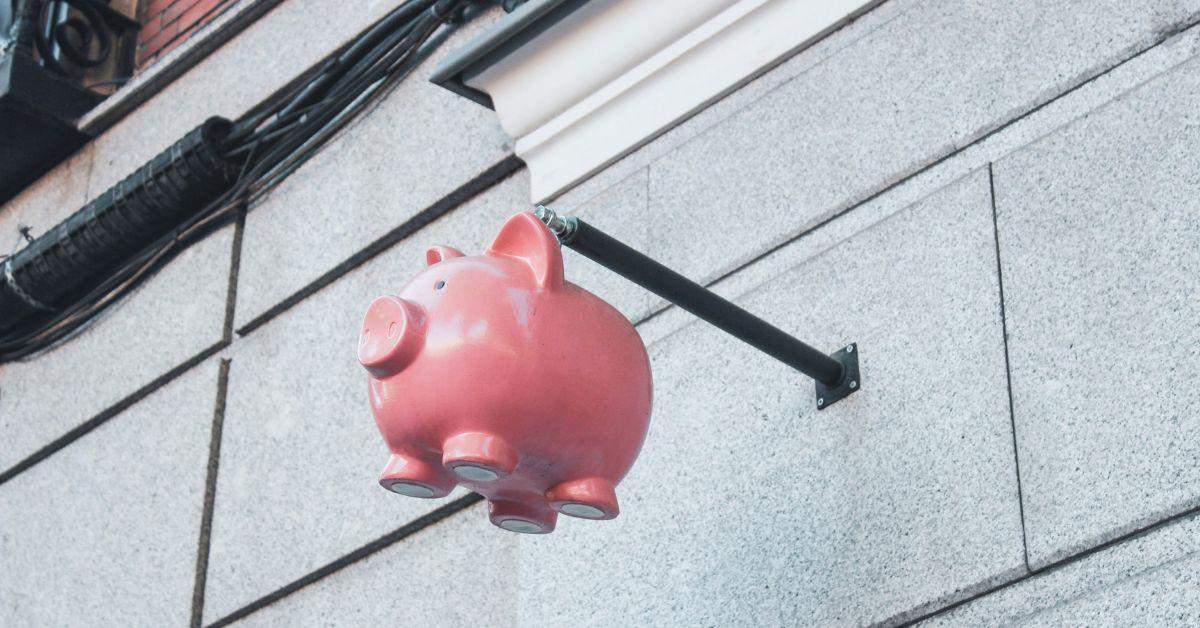By: Ben McEachen
Saving money: we all know we need to be doing it. But it can be easier said than done, right?
The good news is – building a habit of saving is quite simple, according to accountant Pete Burrows. It all comes down to either putting money away or spending less.
But he says there’s no one size fits all solution.
“The best way of saving is one that works for you, for your personality and for your needs and meets your goals, and is simple enough and transparent enough that you can actually track: is it working?”
Whatever Works for You
“I think saving is whatever works for you and whatever your definition of it is. And it depends on your stage of life, your income, your whole life circumstances. Because saving to a young person might mean ‘I got $100 a week from my part time job, but I’m saving $20 a week of it’, so they’re putting that away and not spending it: happy days – good for them!
“Saving to someone that’s older maybe with kids and a mortgage, might mean I’ve got a lot of costs in my life already, I haven’t actually got savings I could put away.
“But I could reduce some of my bills, some of my household costs, and that would be saving me some money each week, which I could then redirect.
“So, depending on your stage of life, you could be saving money, or you could be saving costs.”
Incremental Saving Works
Regular, incremental savings contribute significantly to future financial stability.
“The best savings habits I see are small, regular, incremental, and they build savings,” Pete said.
And when it comes to stashing your savings as cash in a box under the bed, is there an element of running the risk of the value being lost over time?
“The longer your money just sits in cash, it’s not even keeping pace with inflation,” Pete said and explains that cash hoarding, or the act of keeping cash on hand, can lead to diminished buying power over time due to inflation.
It’s important to note that it’s vital that financial strategies allow for accessibility to funds, ensuring the ability to meet current needs and facilitate generosity.
“I do think you need an element of accessibility of your savings to be able to be generous and to help people as and when circumstances might require it,” Pete said.
Article supplied with thanks to Hope Media.
Feature image: Photo by Vanessa Lee on Unsplash

